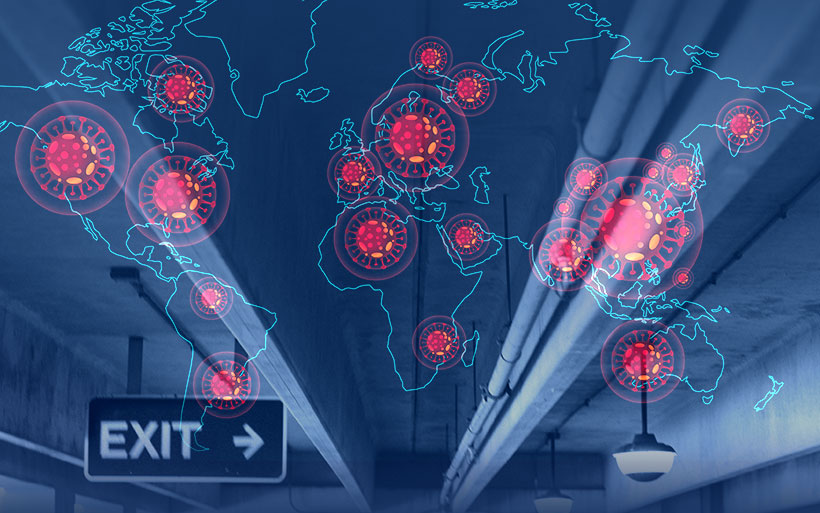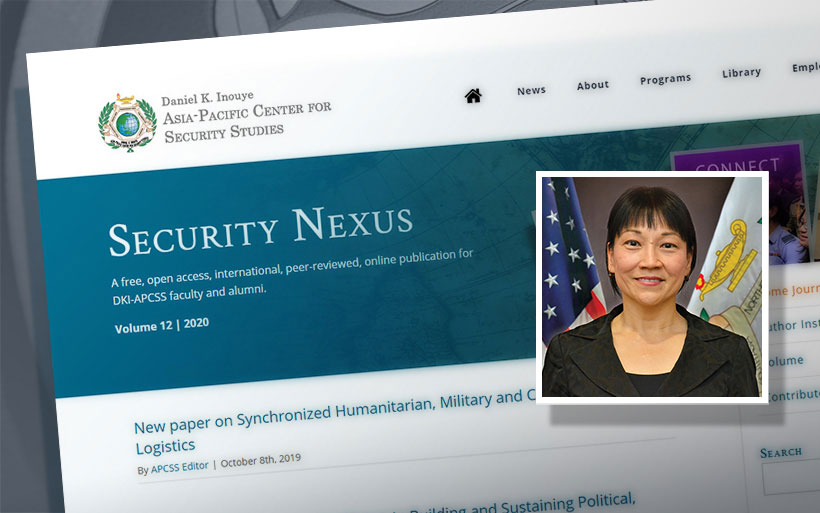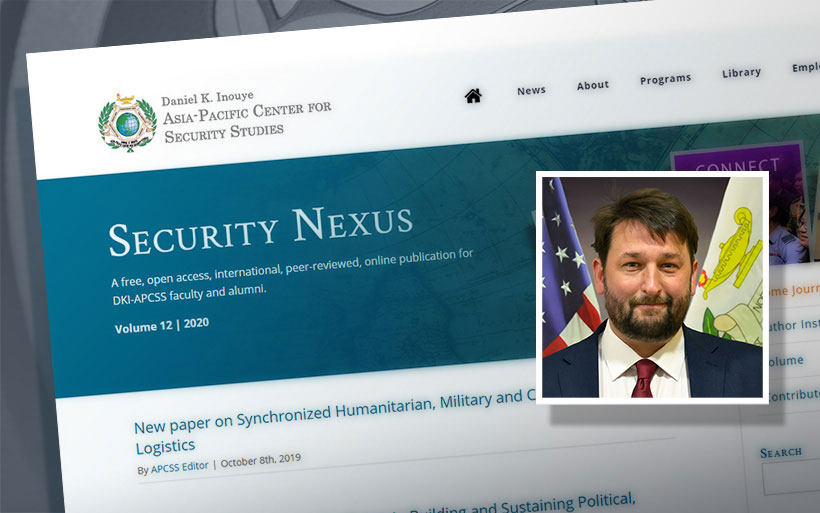Security Nexus
Welcome to the DKI APCSS Security Nexus, a journal dedicated to comprehensive security issues throughout the Indo-Pacific region and the world. Discover & Learn with Our Webinars Join us for live insights and expertise in our upcoming webinars, or delve into our recorded sessions to explore global security topics at your own pace. Popular This Week













